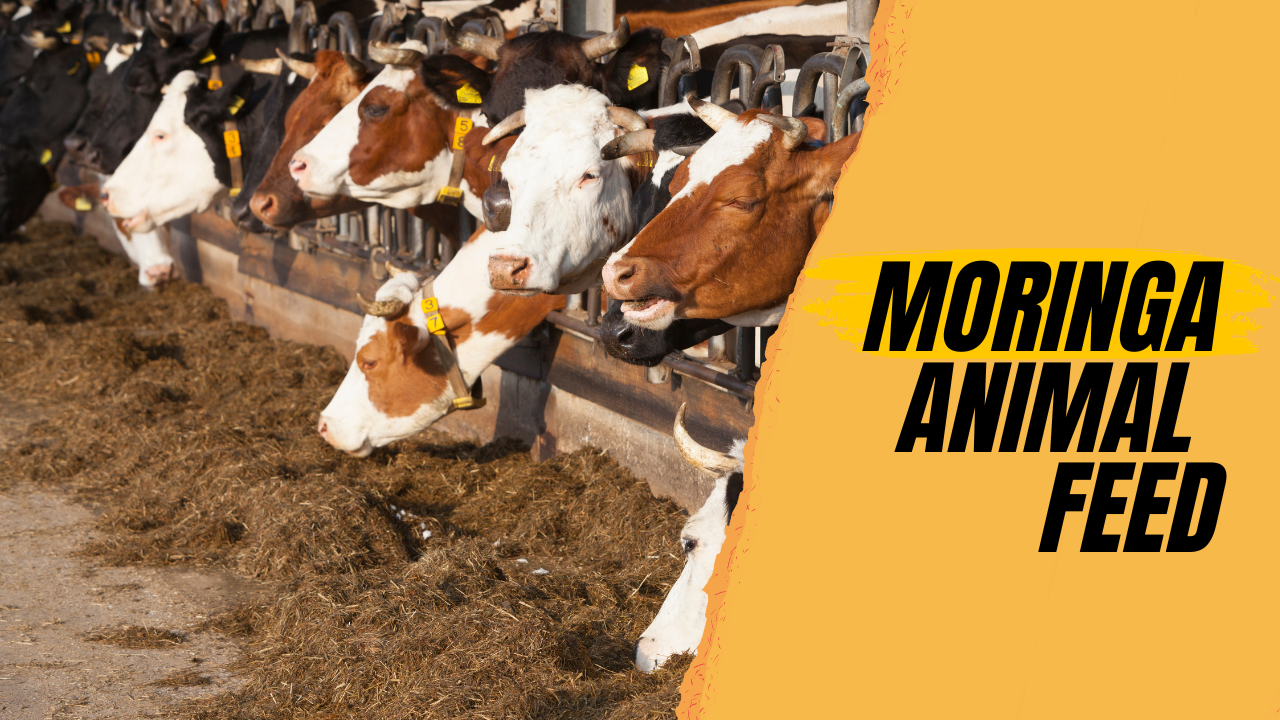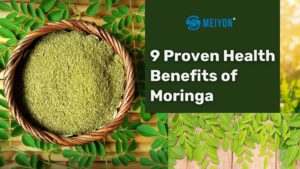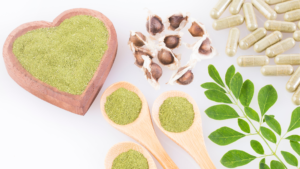Moringa Animal feeds, In the dynamic landscape of animal nutrition, Moringa emerges as a game-changer, offering a sustainable solution to the perennial challenge of high-quality and abundant livestock feed. This blog explores the methodologies, benefits, and transformative effects of incorporating Moringa into animal feeds, unraveling a journey where healthier, happier animals are at the heart of agricultural innovation.
Animal Feeding Methodology
The path to optimal nutrition begins with a meticulous methodology. To determine the ideal quantity of Moringa animal feed, a 15-day trial period is recommended, allowing animals to eat as much as they want. The addition of molasses in the initial days enhances appetite. Daily weighing ensures precision, and supplementing with hay or pasture prevents fiber deficiency. For milk-producing animals, a dash of extra energy, such as sugarcane, is always beneficial.
Amount to Feed
Understanding the nutritional needs of various livestock is crucial. For dairy cattle, approximately 10–15 kg of fresh Moringa matter per head per day, as a supplement to their regular diet, is recommended. Beef cattle, on the other hand, thrive with an amount of fresh Moringa equivalent to 6.25% of their body weight. Sheep benefit from a daily supplement of 5 kg of fresh Moringa forage per animal.
Moringa Fodder
Delving into the realm of Moringa fodder reveals a nutrient-rich goldmine for dairy animals. Beyond proteins and minerals, moringa provides pro-vitamin A, vitamin B, vitamins C and E, carotenoids, and essential amino acids. Analyzing the composition of Moringa green fodder underscores its nutritional richness, boasting a diverse array of elements vital for livestock health.
Crafting Balanced Diets with Moringa
The art of feeding involves chaffing moringa green fodder into small, digestible pieces. Manual or power chaff cutters play a pivotal role in creating manageable portions. Typically, 15-20 kg of chaffed Moringa green fodder can be fed daily to a single animal, blended with dry or other cereal green fodder for a balanced diet.
Effect of Moringa Fodder on Growth and Milk Yield
Moringa’s impact on growth and milk yield is profound, especially in regions grappling with low-quality and scarce fodder. In sheep, Moringa supplementation resulted in an impressive average weight gain of 20.83 g/animal/day. For dairy cows and beef cattle, Moringa leaves constituted 40–50% of the feed, leading to significant increases in milk production and daily weight gains.
Moringa Animal Feeds
As we witness the positive effects of Moringa animal feeds on livestock nutrition, it becomes evident that this natural marvel is not just transforming diets but also contributing to sustainable agriculture. The utilization of Moringa as a substitute for traditional feeds like soya presents a groundbreaking approach, easing pressure on valuable resources.
Agricultural Innovation in Action
The Provincial Veterinary Office’s hands-on training on animal feed formulation using Moringa showcases a proactive step towards agricultural innovation. By exploring local raw materials, including Moringa leaves, and experimenting with formulations, the aim is to create a balanced diet that optimizes livestock health and reduces breeding costs.
Nurturing Livestock, Nurturing Agriculture
In conclusion, Moringa animal feeds stand as a beacon of hope for agricultural sustainability. From meticulous feeding methodologies to the transformative effects on growth and milk yield, Moringa’s role in livestock nutrition is nothing short of revolutionary. Embrace the shift towards healthier, happier animals, and witness the positive ripple effect on the landscape of agriculture.





